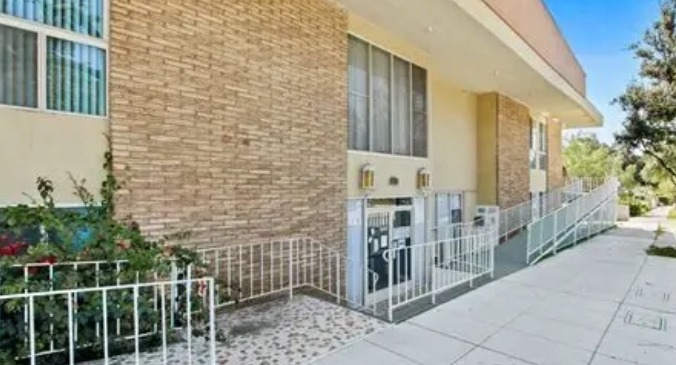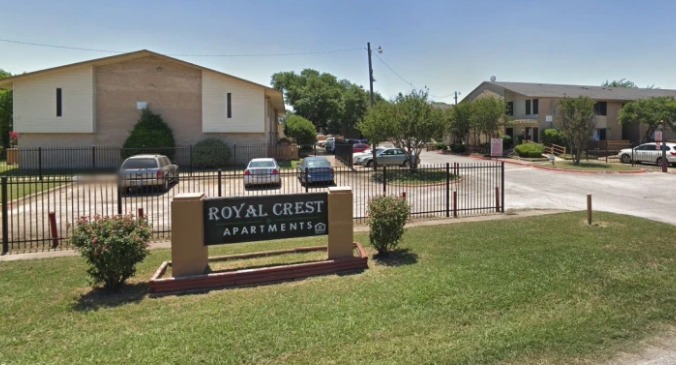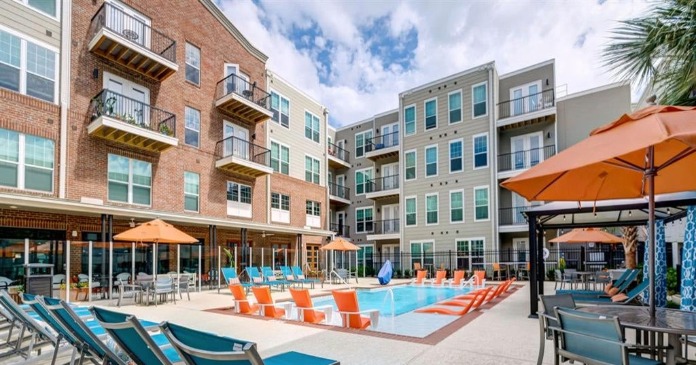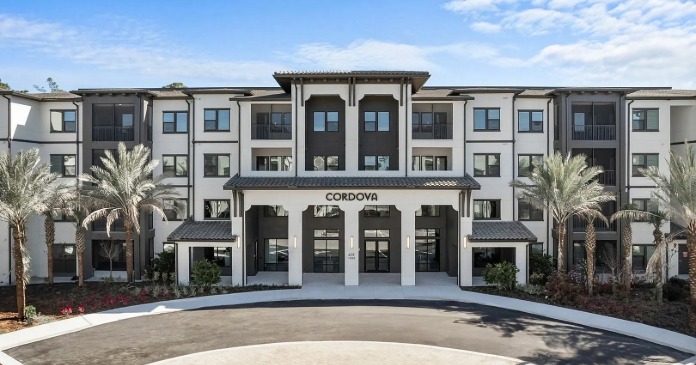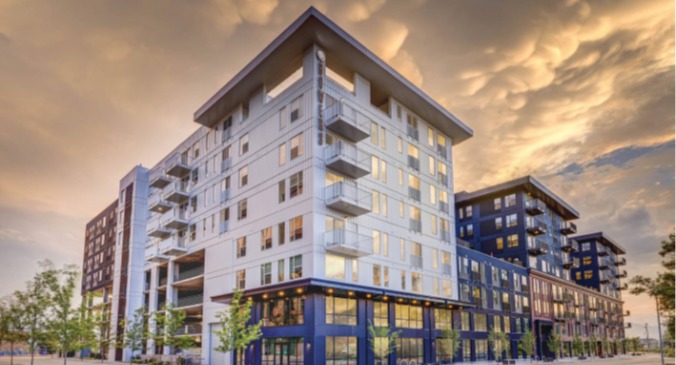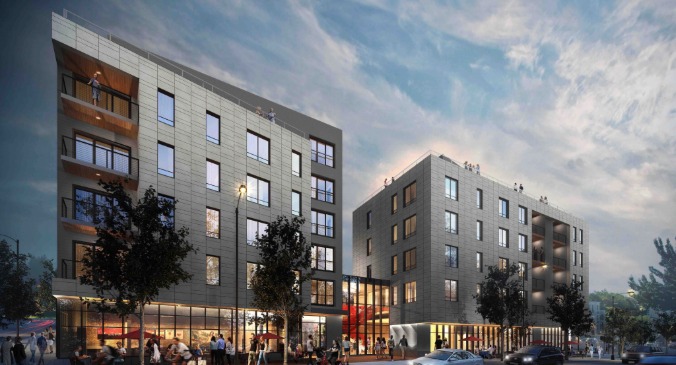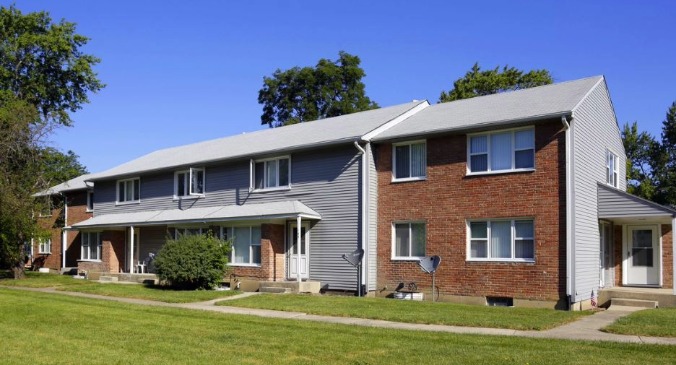The presenter introduces this new concept, while providing ways for marketing attendees to create a social network at their communities. Leasing Agent Suzie goes home and signs up for the free program, believing she is making a great marketing effort. A European hacker crawls the Ning directory, finds the community network site and places a post. Unfortunately, the post includes a hidden link to a bot or worm network based in Eastern Europe, though it looks completely benign to the visitor’s read as it is simply a reference site for further information to the topic being reviewed.
Now Suzie, responsible for the site content review approval, displays and reads the post, clicks on the link to the site page for confirmation, reviews the associated post while unwittingly downloading the embedded worm onto her leasing desktop. Thinking nothing of it, she continues on her day hopping in and out of her browser, visiting Internet-based business applications such as her property management software, resident screening consol, banking site, personal checking account, email address and such. All this while the worm makes a key stroke recording of each site, user name, password and content. Yes, these visits are being captured by the functional bot code and it will all soon be relayed to the appropriate database for future exploitation.
All this occurs before the leasing agent, community management, network engineer or corporate executive and, soon legal and public relations team have any idea how on earth their residents’ “perceived” that their private information was being distributed.
This is not a doom’s day scenario, but what will shortly become an unfortunate reality in the multifamily industry if we don’t apply caution as we move into this virtual social environment. Pausing for just a moment to realize our communities are businesses and not social organizations requires managerial responsibility in protecting our financial interests, as well as the benefit of our residents.
Decisions to engage any form of new technology or technological practice requires forethought, insight and validation from a user handling and security perspective prior to proceeding. The best part is that it does not require a technical degree, but instead practical vision and effective management to prohibit negative future consequences.
When engaging social networking at your community, there are some simple rules that will protect everyone involved.
Keep virus protection updated and running on your computer at all times.
Keep your system patched against known vulnerabilities. Microsoft releases a new security patch on the second Tuesday of the month. Set your system to update automatically.
Don’t download software or applications “designed to enhance” your networking site, as there are plenty of free guides that will help you accomplish the same task.
When using a Web browser like Internet Explorer you can change the settings so that default active scripting is not allowed. Create a “trusted sites security zone” for sites you feel are safe which require active scripting.
Read the user license for the networking site prior to subscribing.
Look for a policy in which the site protects against cross site scripting (XXS). Cross site scripting is where a hacker inserts malicious code into an unprotected consumer profile.
Make sure your account is secure, and keep passwords private. Use a password that uses letters, numbers, or special characters.
The Internet is a public resource. Anyone with an Internet connection has access to it, therefore, it is recommended you post only information you are comfortable sharing with the public.
Consider which photos to post. Make sure you include photos acceptable for anyone on the Internet, while reflecting a positive image of your community.
Limit your “friends” to those you verify. Never add anonymous invites, because you maybe exposing your identity to potential abusers. And, limit conversations to professionally-viewed standards.
Still interested in social networks and how they apply to the industry? Social networking provides a free means of easily interacting with numerous residents and future residents. Emily Moore- Pleasant, director of strategic and Internet marketing for Steven D.
Bell says that her company “successfully capitalizes on the benefits of online social networking for providing superior customer service, creating buzz, leasing apartments, and even collecting on delinquent rents.”
She points out that, “most of the marketing in the apartment industry is stale, boring, repetitive, and does not connect directly with the prospect on an emotional level that feels real.” Maximizing on this success, Emily says that all Steven D. Bell properties are now “fully integrated within the major online social networking communities.”
In terms of marketing, there aren’t many other free platforms that touch so many consumers in such an engaging way. Keep in mind these profiles and pages do a great job of generating interest, but the presence of an individual Website, which allows the prospect to complete the application process, is the key to leasing your community. Your community might be as successful by implementing training and success management through traditional communications already in place, without putting assets at risk. This includes updating your Website to include dynamic homepage text, updatable photos gallery, active unit availability, automated outbound targeted email campaigns, and a resident financial register.
Imagine a community with a resident calendar that supplied more than the customary “your rent is late” detail? How about a public relations effort, such as a community garage sale, followed up with an online feature on the community Website? Resident links are hot and community-sponsored neighborhood business coupons or discounts will be enjoyed. Your existing Website or an embedded resident portal to engage your future or current residents will deliver rewards without the frequent socially un-nerving content that comes with the major social networking sites.







